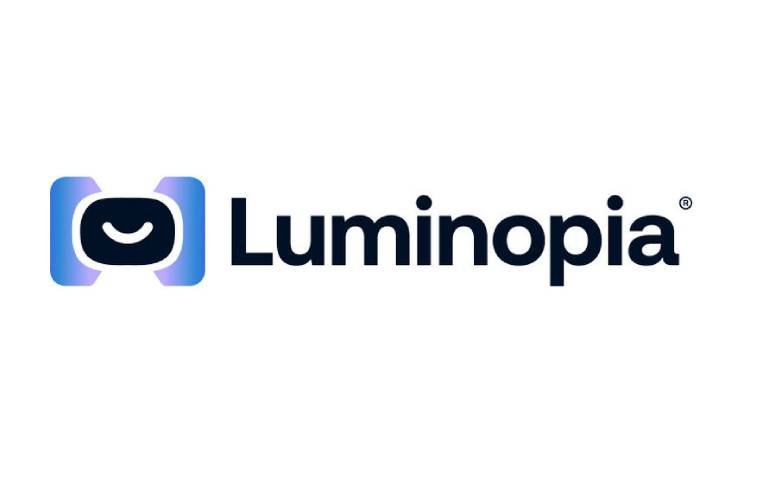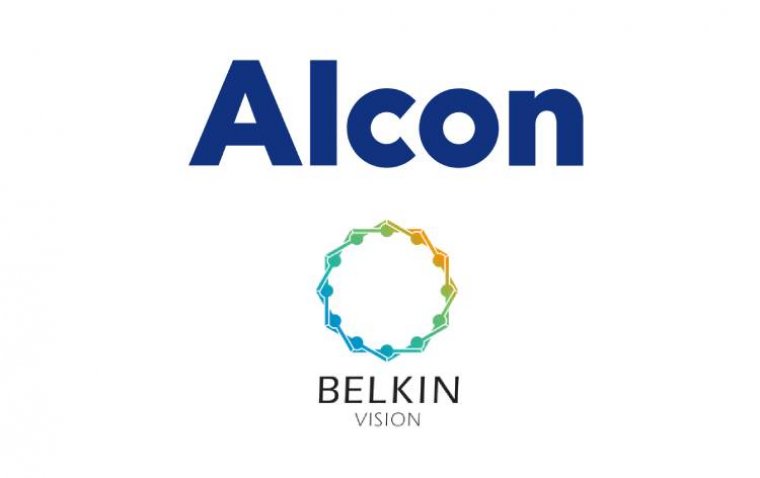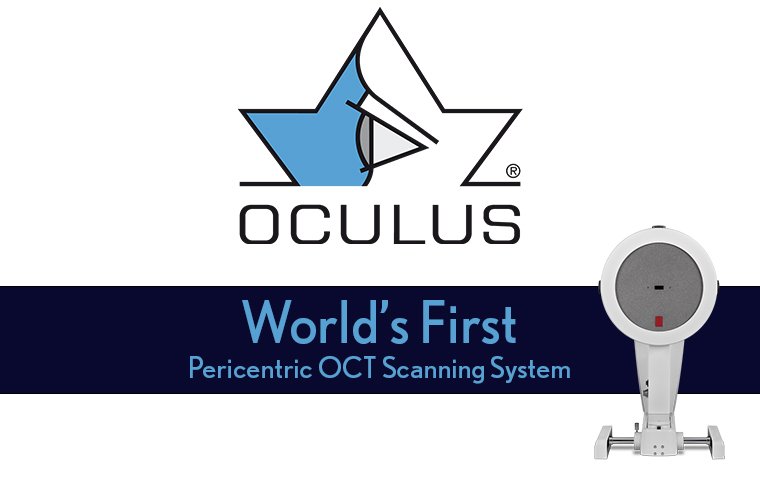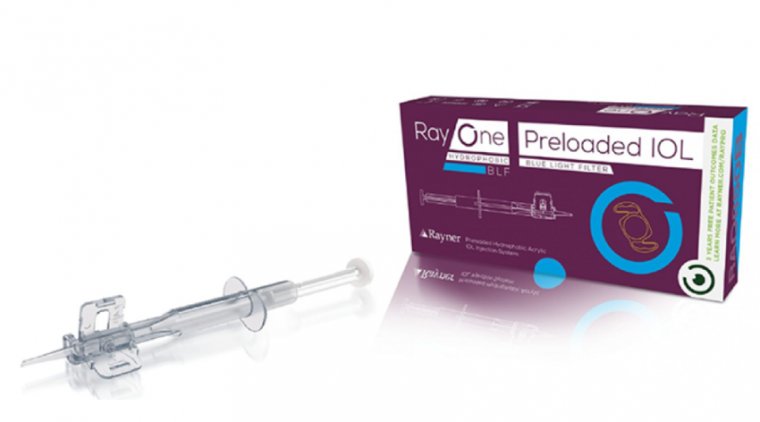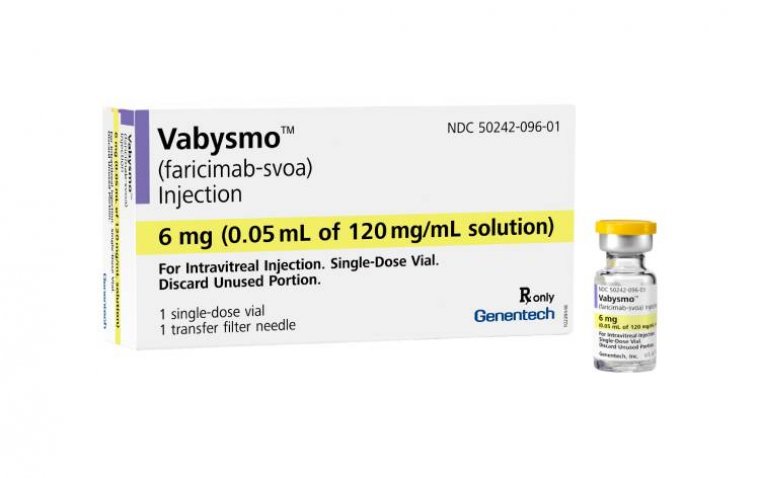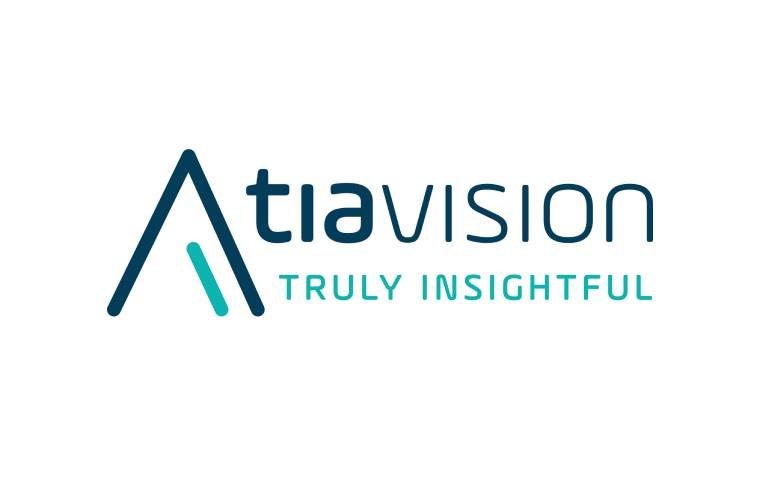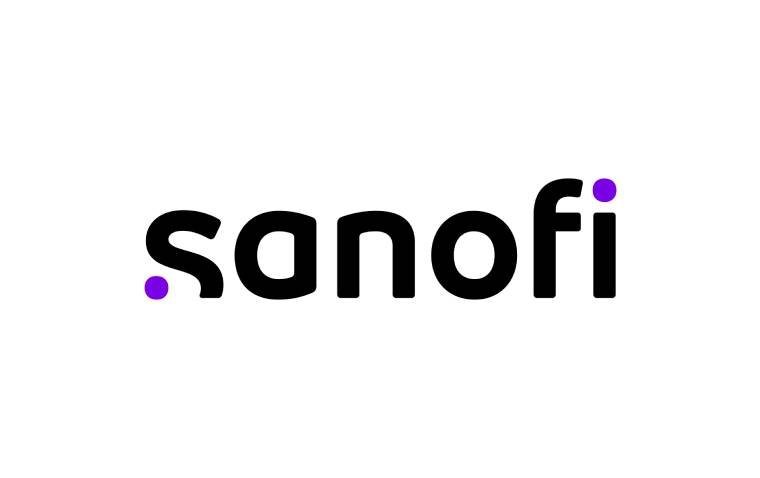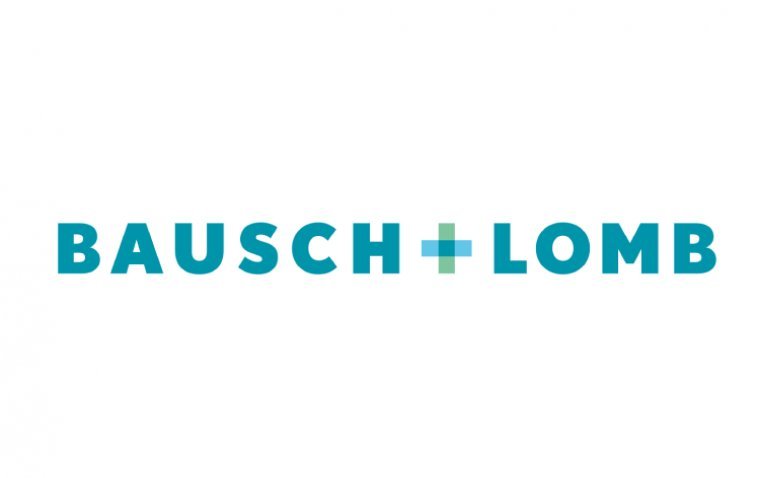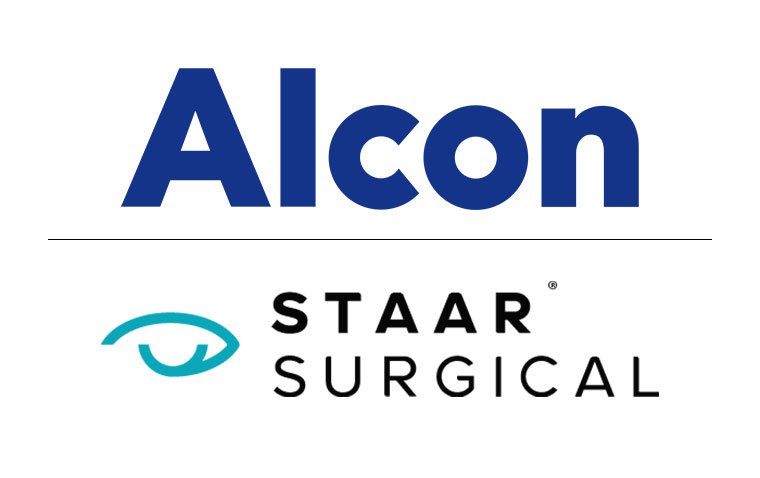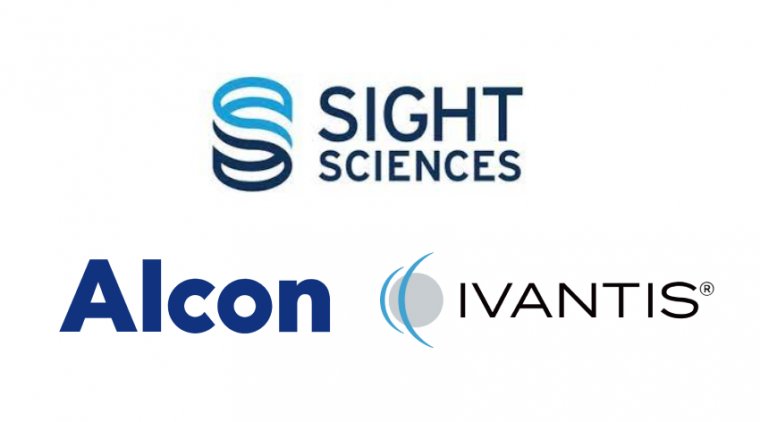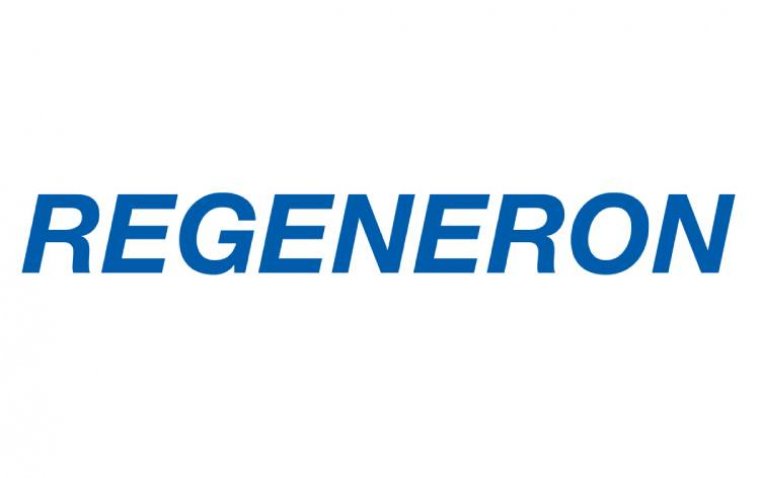
Regeneron Faces Lawsuit for Misreporting Eylea Prices to Medicare
The U.S. Department of Justice (DOJ) has initiated a lawsuit against Regeneron Pharmaceuticals under the False Claims Act (FCA), accusing the biotechnology company of fraudulently inflating Medicare reimbursement rates. According to the DOJ, Regeneron submitted false average sales price reports for Eylea (aflibercept) to the Centers for Medicare and Medicaid Services (CMS), omitting certain price concessions which allegedly included credit card processing fees paid to specialty drug distributors to benefit its customers.
Alleged Misconduct in Pricing Reports
These undisclosed concessions reportedly allowed distributors to accept credit cards for purchasing Eylea while offering a lower cash price. Consequently, Regeneron's customers, mainly retina and ophthalmic practices, benefited from credit card perks like cashback and other rewards. The complaint highlights that since Eylea's FDA approval in 2011, Regeneron has reimbursed "hundreds of millions of dollars" in such credit card fees.
"By failing to report these credit card processing fees as price concessions, Regeneron significantly increased the costs to Medicare over several years and boosted its own revenues," stated Acting U.S. Attorney Joshua S. Levy for the District of Massachusetts. He emphasized the commitment to combat falsely reported average sales prices that cause substantial financial harm to Medicare.
Regeneron's Defense and Legal Proceedings
Regeneron, however, contends that the allegations are baseless. A statement released by the company to Eyewire+ argues that the DOJ's complaint stems from a "fundamental misunderstanding of drug price reporting standards," referencing a Civil Investigative Demand issued in June 2021. Regeneron asserts its compliance with legal standards for reimbursing distributor costs, indicating readiness to defend its practices vigorously in court.
The legal action originates from whistleblower claims under the FCA, enabling private parties to sue on behalf of the U.S. government and potentially share in any financial recovery. This provision has allowed the government to intervene and escalate the lawsuit.
Handling the case are the DOJ’s Civil Division, Commercial Litigation Branch, Fraud Section, and the U.S. Attorney’s Office for the District of Massachusetts, supported by the Health and Human Services Office of Inspector General and the FBI.
The lawsuit is officially recorded as United States ex rel. Does 1-2 et. al. v. Regeneron Pharmaceuticals, Inc. et al., No. 20-cv-1401-PBS.
*Stay in the loop and make sure not to miss real-time breaking news about ophthalmology. Join our community by subscribing to OBN newsletter now, and get weekly updates.
(1).jpg)
